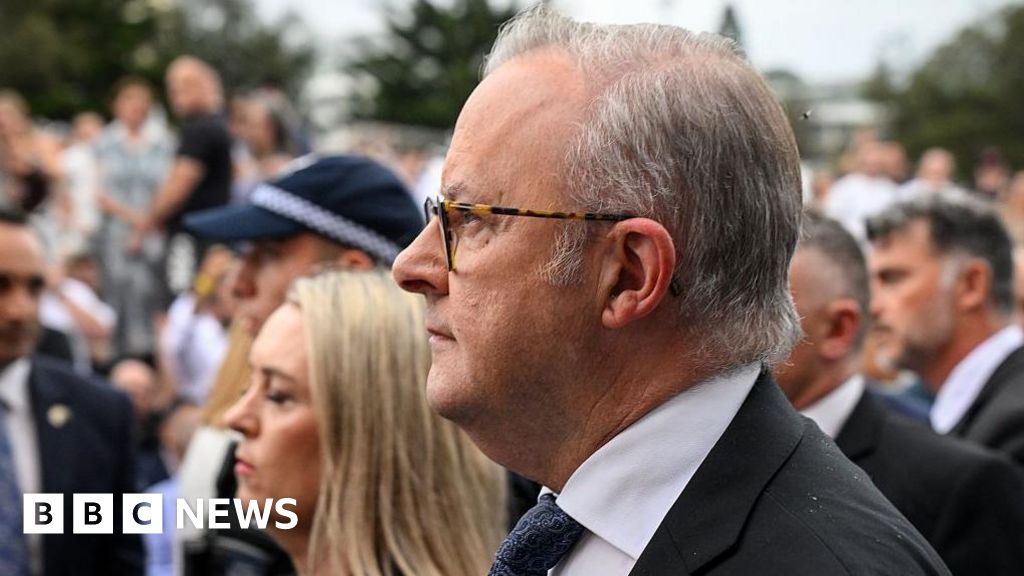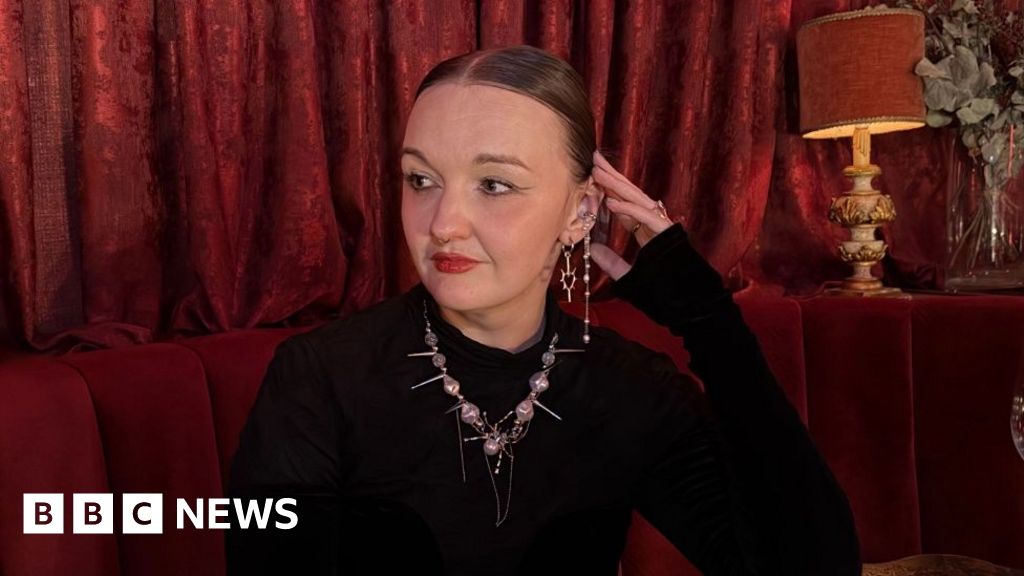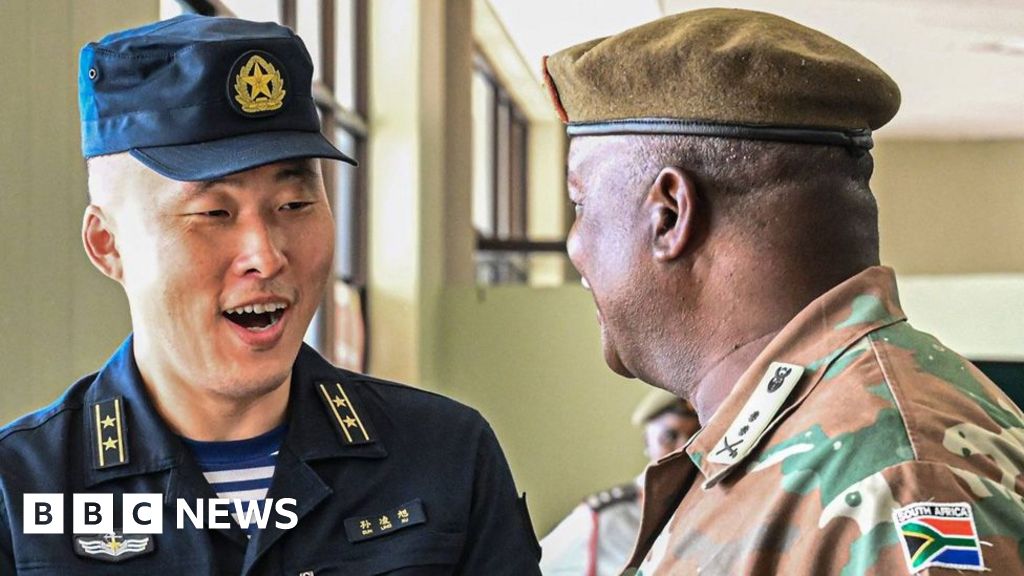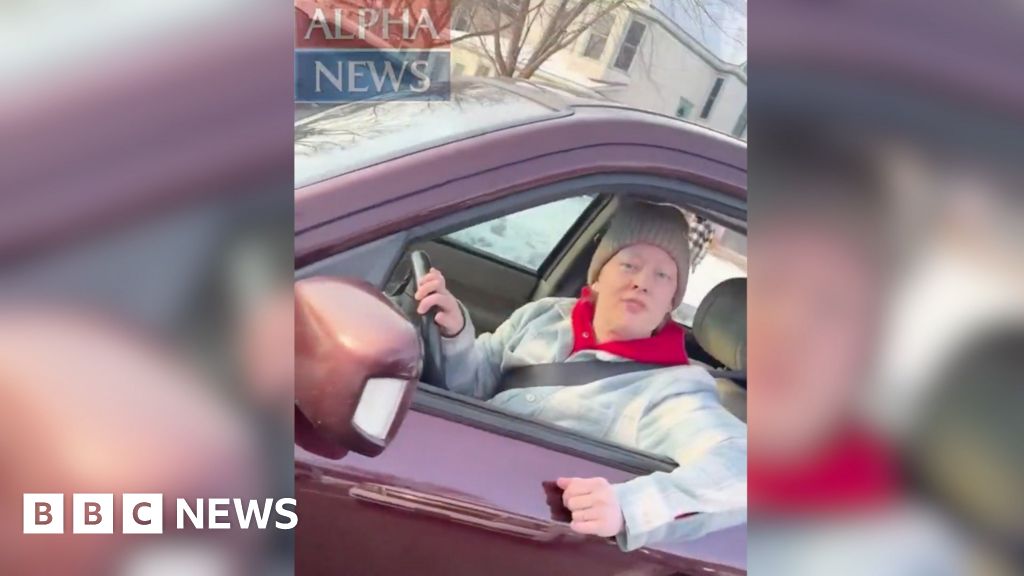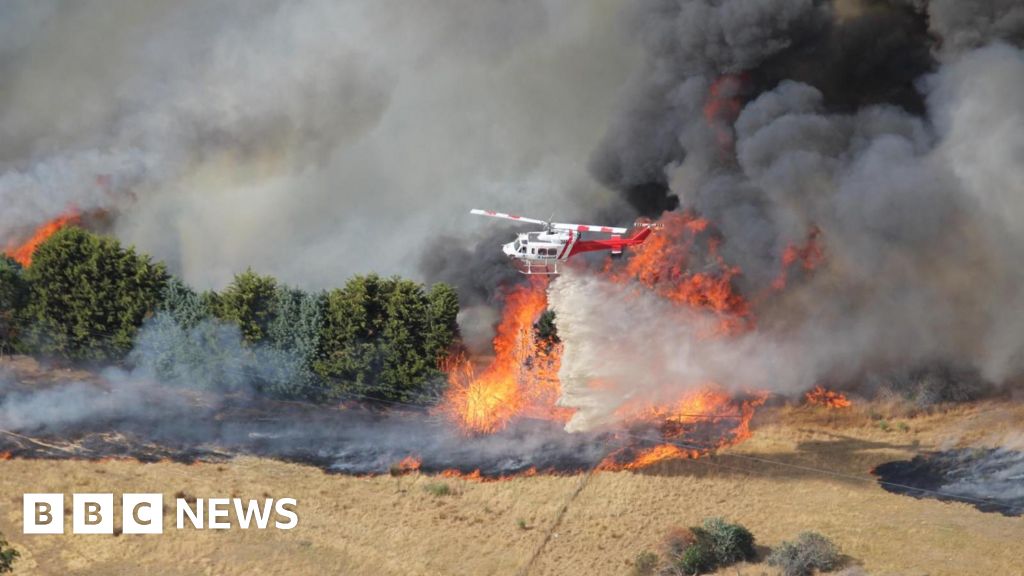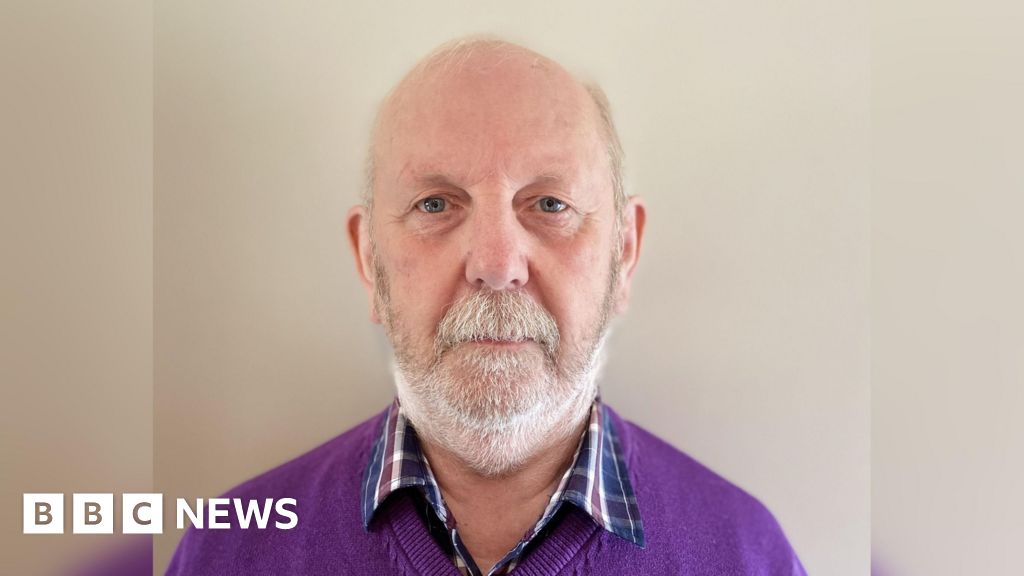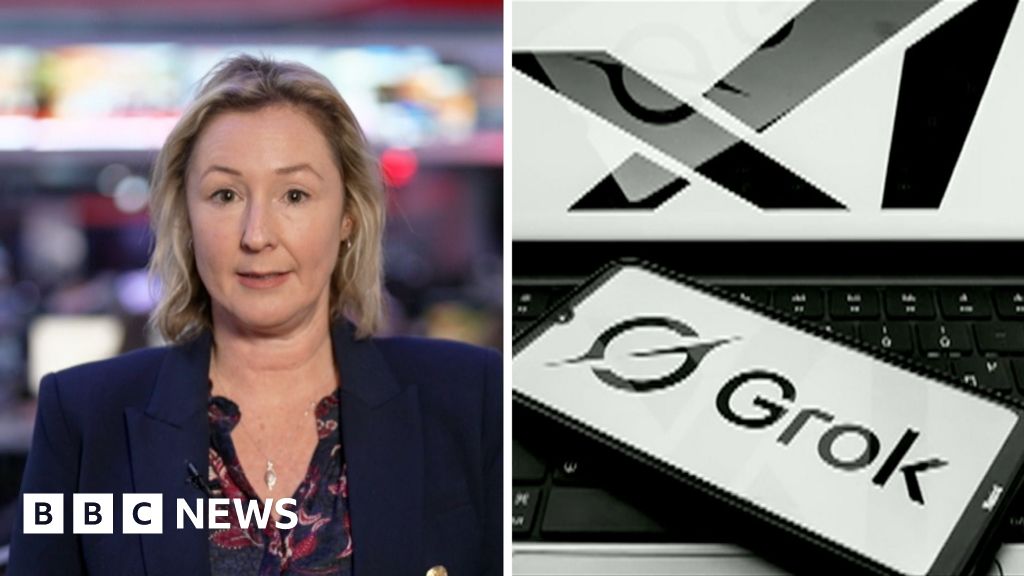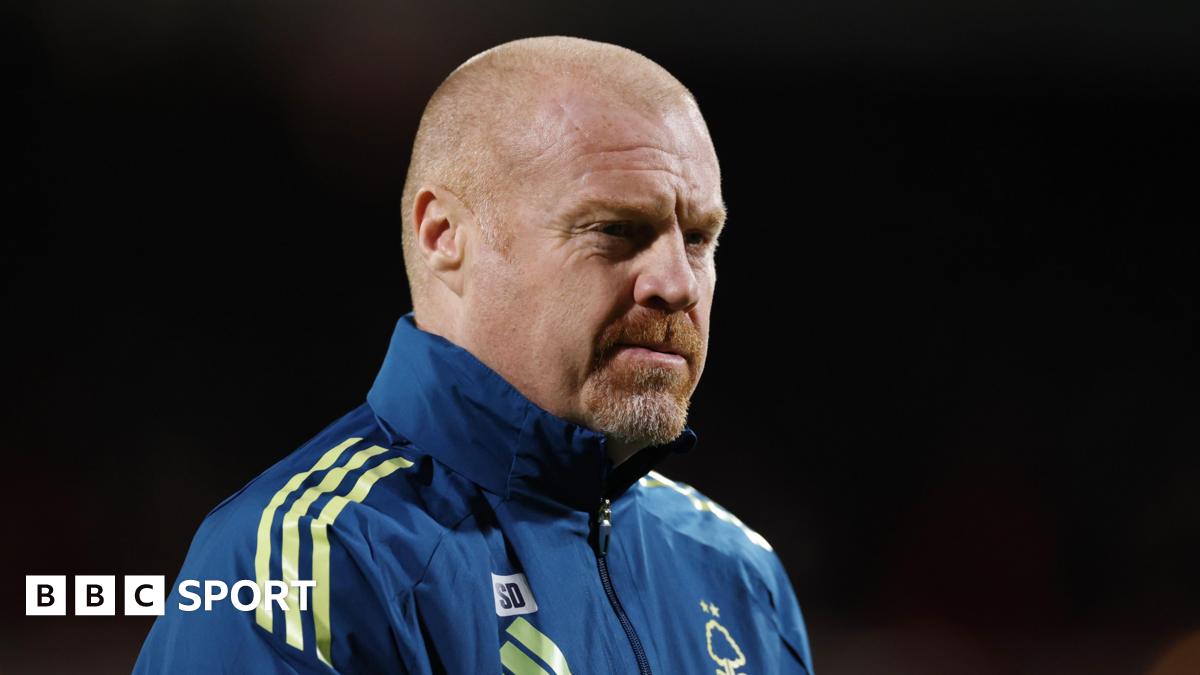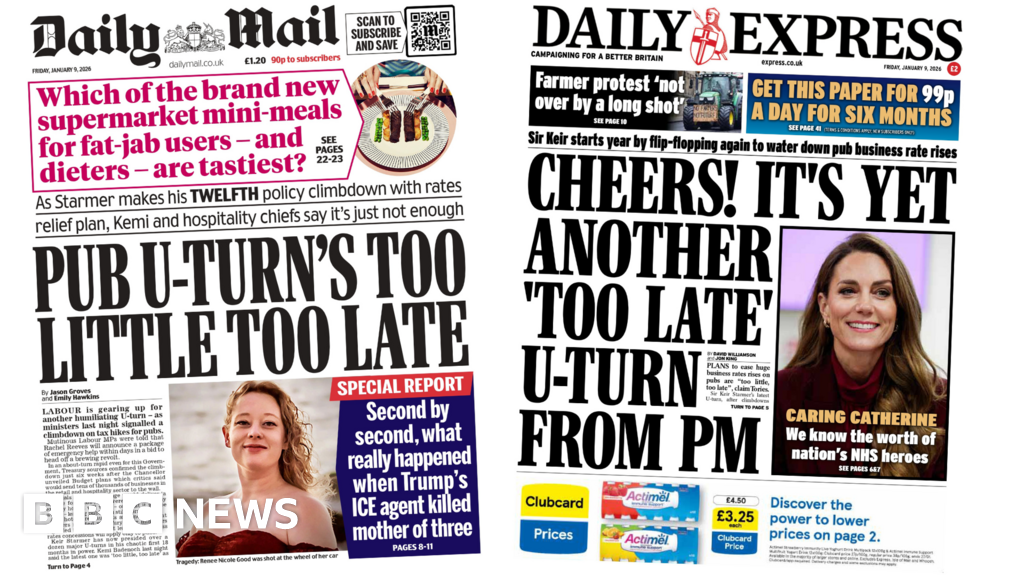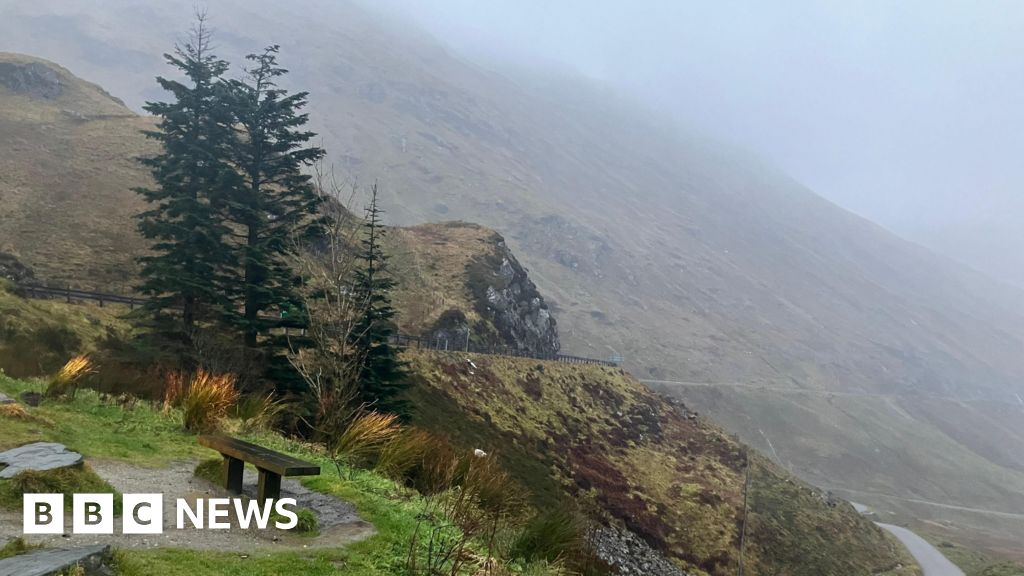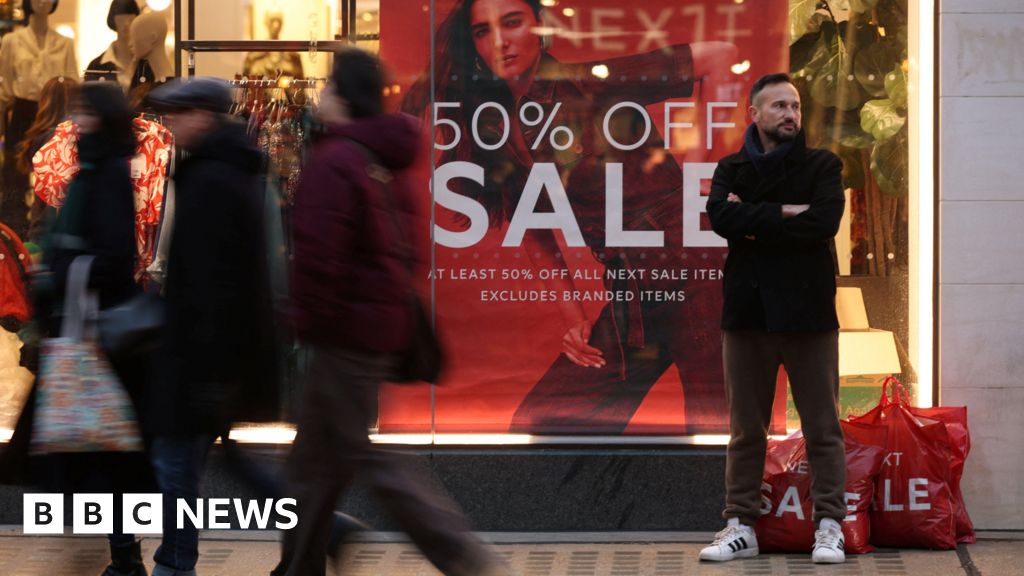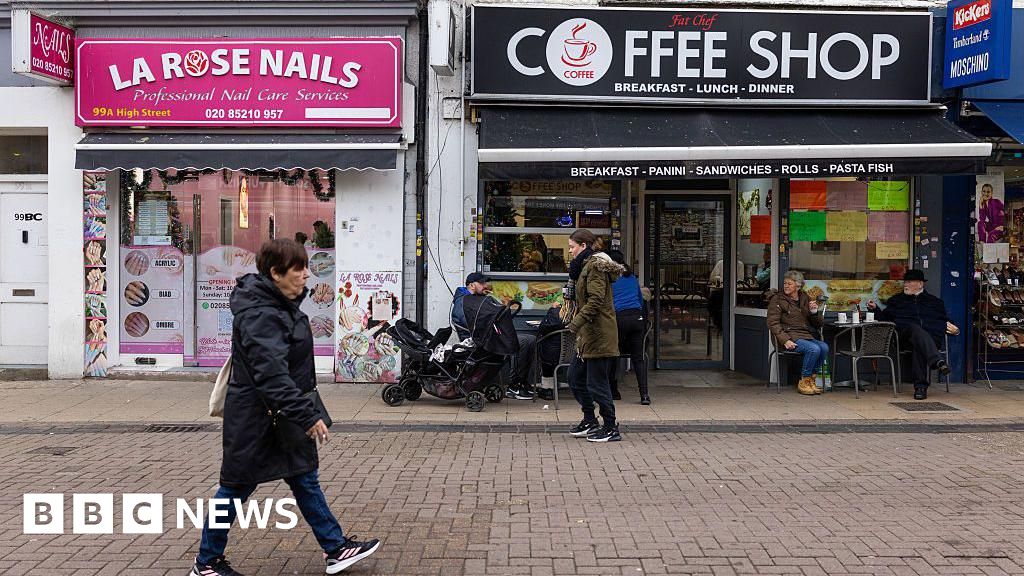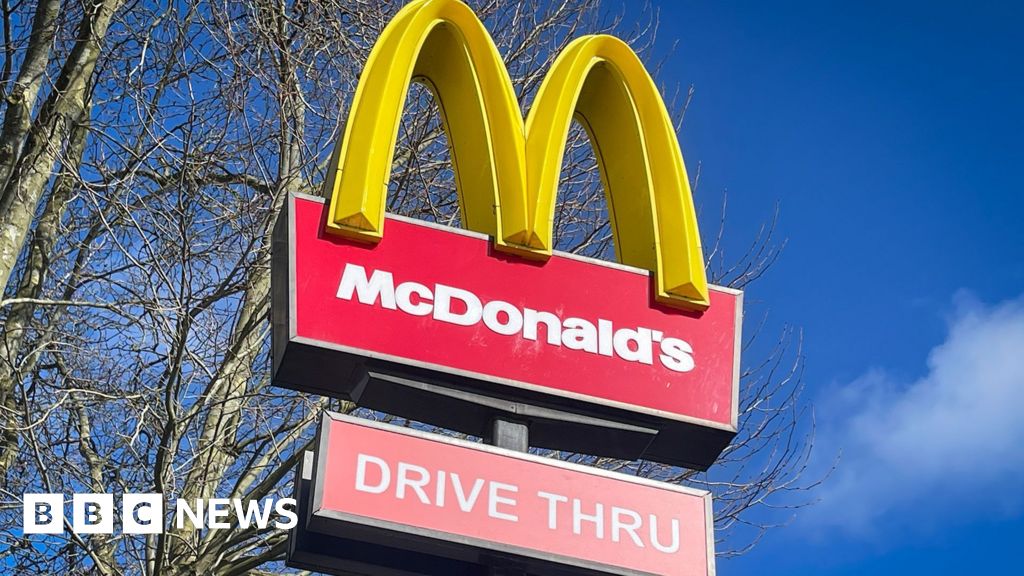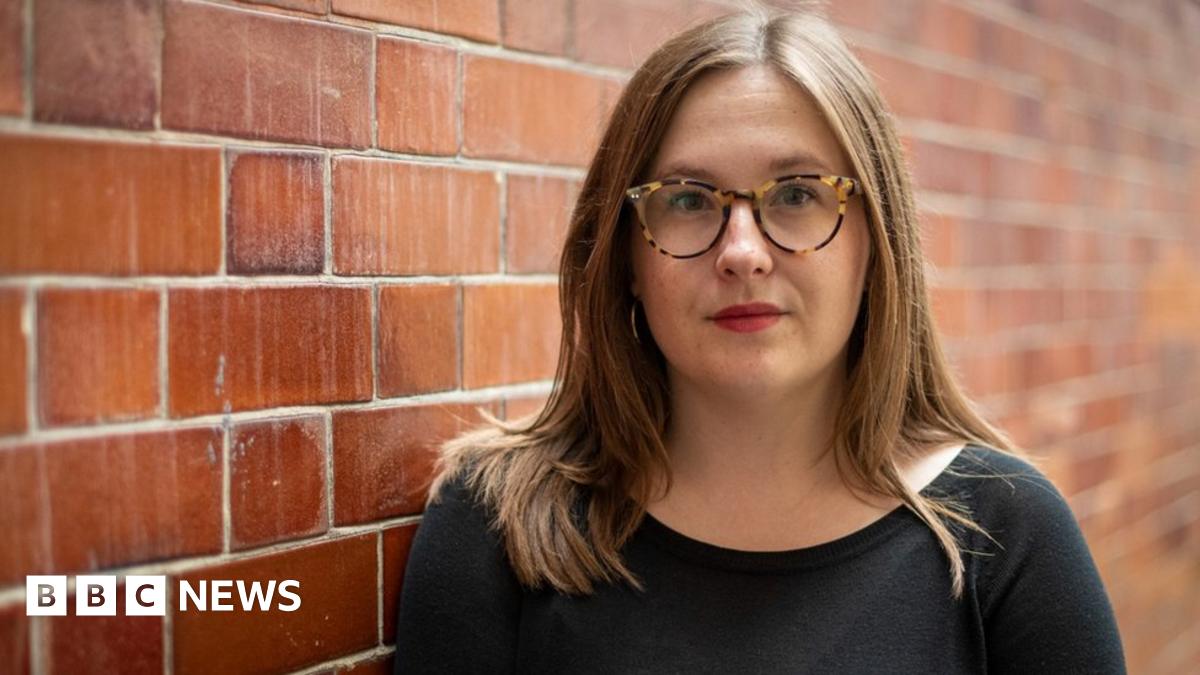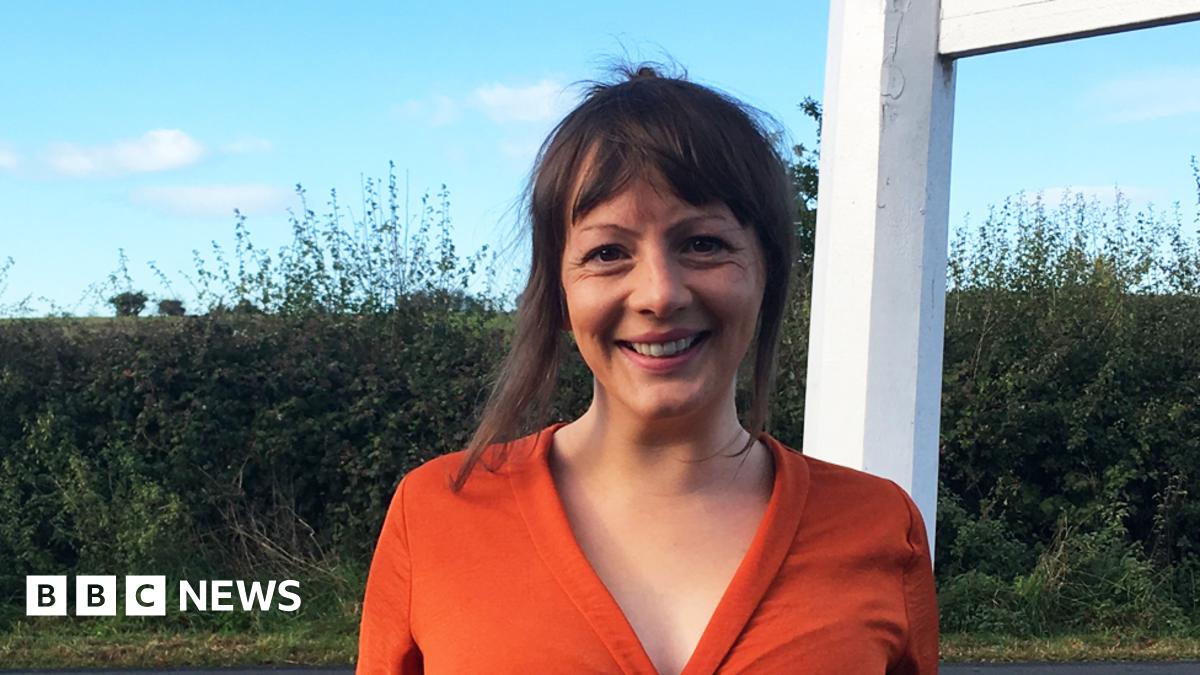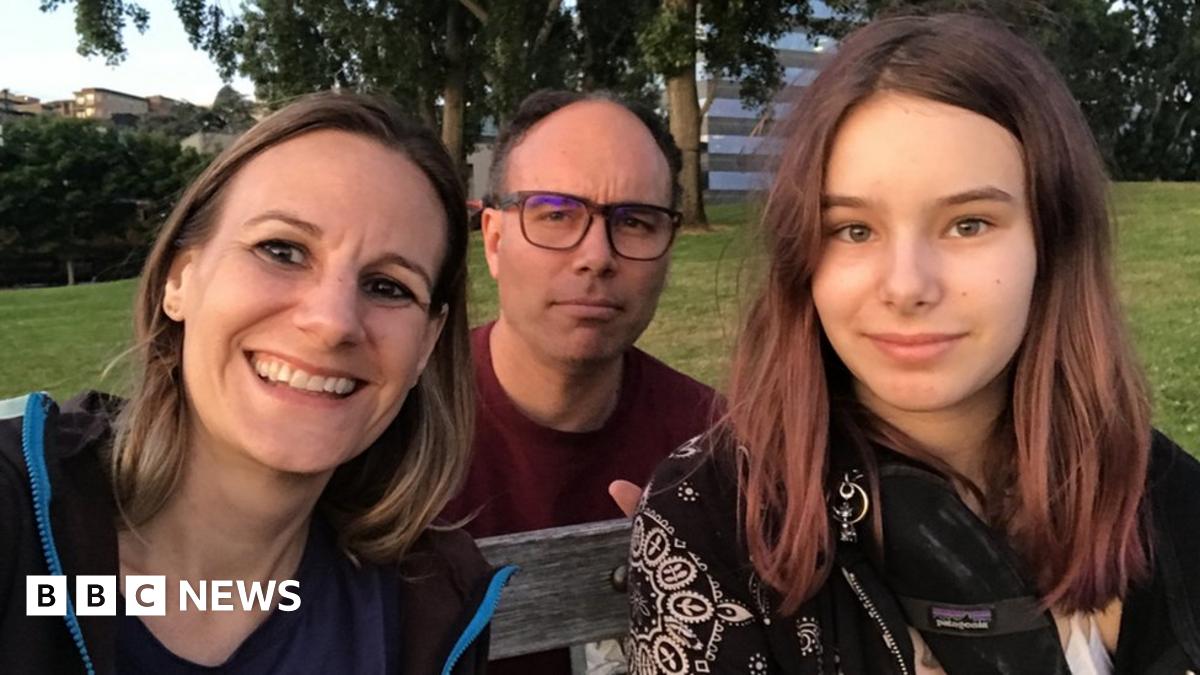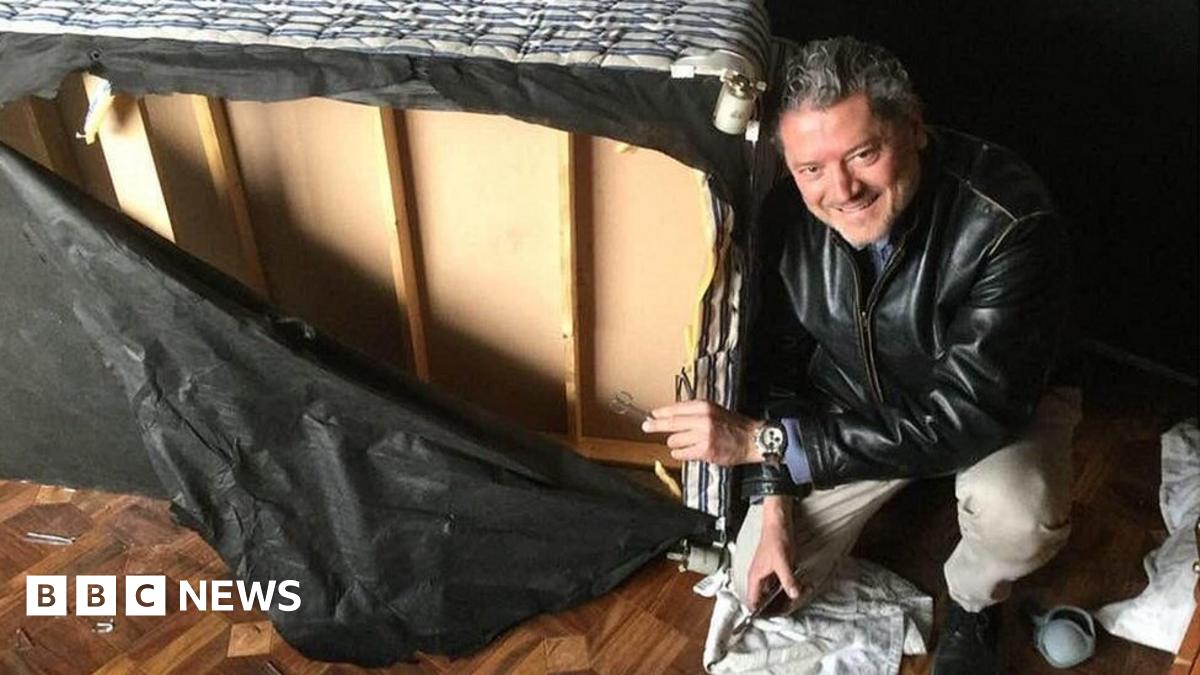The Freedom of Information figures on dropped cases obtained by the BBC include four sexual offences and 31 “offences against the person”, which cover a range of violent offences from harassment to murder.
Fraud, burglary and robbery cases were also among the terminated cases which, after victims asked for a review, the CPS later admitted should have been prosecuted.
The CPS said it had “huge sympathy” for victims whose cases could not be reopened because no evidence had been offered.
“We strive for justice in every possible case and decisions to halt them are never taken lightly,” a spokesperson said.
In 2018, the High Court found that it was not unlawful for the CPS to close a case by offering no evidence before a victim was able to challenge the decision.
In his judgement, Lord Justice Holroyde concluded that allowing a victim’s review before the prosecution was terminated would cause serious and unjustifiable delay in proceedings.
He added that the admission of error – and an apology – was an important outcome of a victim’s right to review, even if the case could not be reopened.
The victim’s right-to-review scheme gives complainants three months to seek a review of a CPS decision.
The CPS received 1,961 review requests in the year to March 2021. In 270 cases, the original decision was overturned.
The CPS said in many cases the prosecution could be reopened, however it was legally prevented from doing so if no evidence had been offered.
Dame Vera Baird, the former victim’s commissioner for England and Wales, who recently resigned from the role, said the current right-to-review system was “unacceptable”, and cases should be kept alive until a victim had been able to request a review.
“If the CPS don’t change to help rather than hinder rape victims there must be legislation,” she said.

